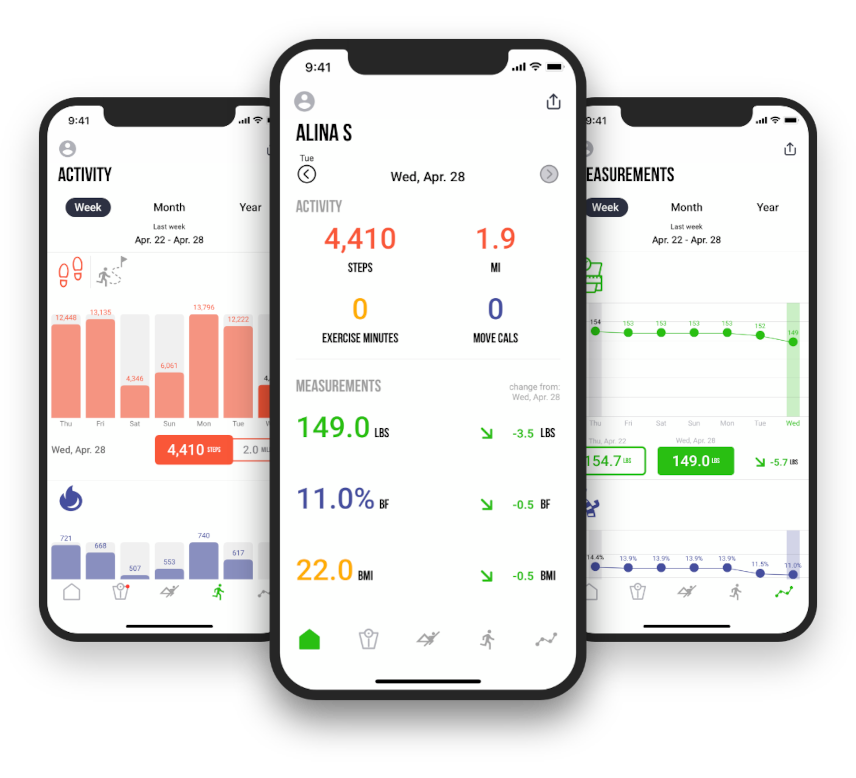Education
Education never stops in fitness. The industry changes fast. New research comes out constantly. What worked five years ago might be outdated now.
Why Ongoing Education Matters
Your clients trust you with their health. You need to know what you’re doing. Bad advice can hurt people.
Plus educated trainers get better results. Better results mean happier clients. Happier clients refer more people.
Our personal trainers in Melbourne spend hours each month learning new things. It’s part of the job.
Starting Your Education
Get a recognized certification first. ACSM, NASM, or Australian Fitness Network are good choices. Don’t go with unknown companies.
Pick one that matches your goals. Want to work in gyms? Get a general certification. Want to specialize? Look for specific programs.
Specialization Options
General fitness knowledge only goes so far. Specializing makes you more valuable and lets you charge more.
Maybe boxing personal training interests you. Or working with NDIS clients. Pick something you’re passionate about.
Continuing Education Requirements
Most certifications require ongoing education. Usually 10-20 hours per year. This keeps your knowledge current.
Don’t see this as a burden. See it as an opportunity to get better at your job.
Types of Education
Workshops and seminars are great for hands-on learning. You practice new techniques with other trainers.
Online courses are convenient but less interactive. Good for theory. Not so good for practical skills.
Reading and Research
Read industry journals and magazines. Follow respected researchers on social media. Stay curious about new developments.
But be critical. Not everything published is good. Learn to separate quality research from marketing fluff.
Learning from Other Trainers
Find mentors who are better than you. Watch how they work with clients. Ask questions. Most experienced trainers love sharing knowledge.
Our female personal trainers often mentor newer trainers. It helps everyone improve.
Practical Experience
Education isn’t just about courses and books. Working with real clients teaches you things no textbook can.
Every client is different. You learn to adapt techniques to individual needs and limitations.
Business Education
Don’t ignore the business side. Marketing, sales, and customer service are just as important as exercise knowledge.
Many great trainers fail because they don’t understand business basics.
Technology and Education
Apps and online platforms make learning more accessible. You can study anywhere, anytime.
But technology can’t replace human interaction. Balance online learning with in-person experiences.
Cost of Education
Quality education costs money. Budget for it like any other business expense. The investment pays off in better results and higher rates.
Look for scholarships or payment plans if money is tight. Don’t let cost stop you from learning.
Avoiding Education Scams
The fitness industry has plenty of fake gurus selling worthless certifications. Do your research before spending money.
Look for accredited programs with good reputations. Ask other trainers for recommendations.
International Education
Don’t limit yourself to local options. Some of the best education comes from overseas experts.
Online makes international education more accessible than ever. You can learn from the world’s best without traveling.
Specialized Populations
If you work with specific groups, get specialized education. Training seniors is different from training athletes.
Online personal trainers need different skills than those working face-to-face.
Keeping Up with Research
Exercise science evolves constantly. What we thought was true ten years ago might be wrong now.
Follow reputable research institutions. Read systematic reviews, not just individual studies.
Practical Application
Learning new information is only half the battle. You need to apply it with real clients to see if it works.
Start slowly with new techniques. Don’t completely change your approach based on one course or article.
Teaching Others
Teaching forces you to really understand material. Consider presenting at workshops or writing articles.
Explaining concepts to others reveals gaps in your own knowledge. It makes you a better trainer.
Building Your Reputation
Ongoing education builds your professional reputation. Clients see you as serious about your craft.
It also opens doors to speaking opportunities and media appearances.
Different Learning Styles
People learn differently. Some are visual learners. Others learn by doing. Find what works for you.
Mix different types of education. Courses, books, workshops, and practical experience all contribute.
Time Management
Finding time for education is challenging. You’re busy training clients and running your business.
Schedule education time like client appointments. Make it non-negotiable. Even 30 minutes a week helps.
Return on Investment
Good education pays for itself. Better knowledge leads to better results. Better results lead to more referrals and higher rates.
Track how education impacts your business. You’ll be surprised at the return on investment.
Staying Motivated
Learning can be overwhelming sometimes. There’s always more to know. Focus on what’s most relevant to your clients.
Set learning goals. Maybe master one new technique per month. Small, consistent progress adds up.
The Bottom Line
Education is what separates professional trainers from fitness enthusiasts. It’s an ongoing commitment, not a one-time event.
The best trainers are always learning. They read, attend courses, and seek out new experiences.
Want to work with trainers who prioritize ongoing education? Our personal trainers across all locations are committed to continuous learning.
In fitness, your education is never complete. That’s what makes this industry exciting and challenging.

